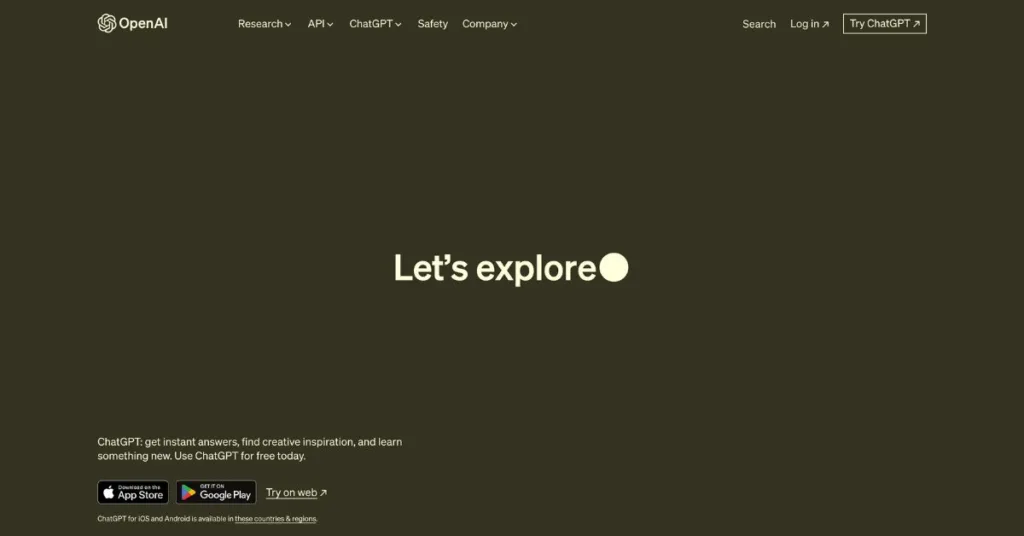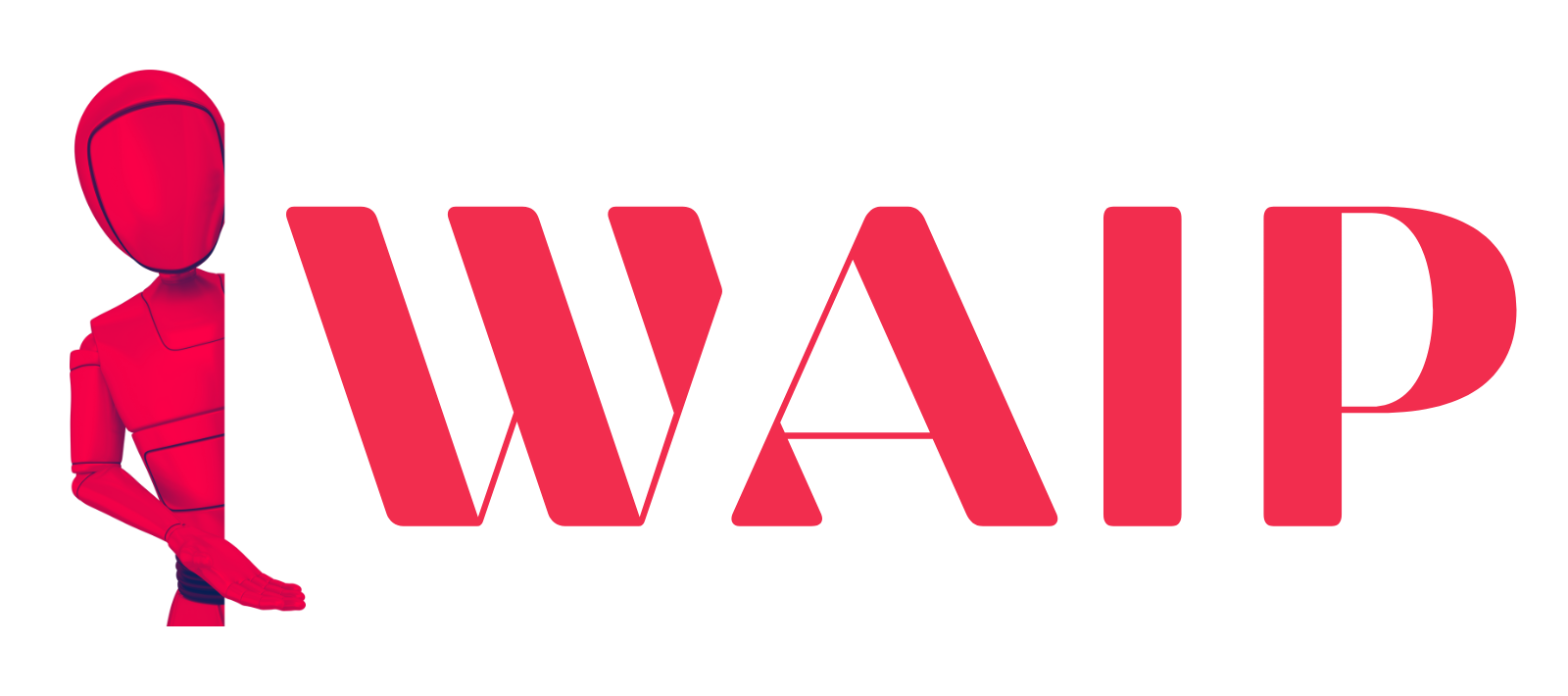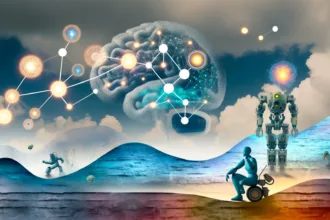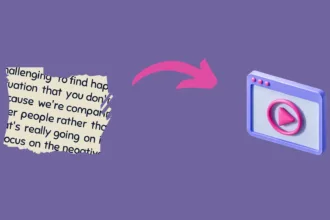OpenAI made ChatGPT, which is a large language model chatbot. It is a powerful tool that can be used for many different things, like making text, translating languages, and writing different kinds of creative content.
However, there is some concern that ChatGPT can generate plagiarized text.
In this blog post, we will discuss what is ChatGPT Plagiarism, how it can happen with ChatGPT, and how to avoid it. We will also provide a list of the best ChatGPT plagiarism checkers.
What is Plagiarism in ChatGPT?
Plagiarism is the act of using someone else’s work or ideas without giving them credit.
When ChatGPT generates text, it is possible that it may use text or ideas from other sources without giving credit.
This is because ChatGPT is trained on a massive dataset of text and code, which includes a lot of plagiarized content.
How to Identify Plagiarism in ChatGPT Generated Text

There are a few ways to identify plagiarism in ChatGPT generated text:
- Look for similarities to existing text. One of the most obvious signs of plagiarism is when the text is very similar to existing text. You can use a plagiarism checker to help you identify similarities between the text and other sources.
- Check for paraphrasing. ChatGPT is a good at paraphrasing text, but it is not perfect. If you see text that has been paraphrased in a way that is too similar to the original text, it is likely that the text has been plagiarized.
- Look for unusual language. ChatGPT can sometimes generate text that uses unusual language or grammar. If you see text that is written in a way that is not typical of human-written text, it is possible that the text has been plagiarized from a machine translation.
- Check for inconsistencies. ChatGPT can sometimes generate text that is inconsistent with itself. If you see text that contains contradictions or inconsistencies, it is possible that the text has been plagiarized from multiple sources.
Steps to Avoid Plagiarism in ChatGPT Generated Text
There are a few things you can do to avoid plagiarism in ChatGPT generated text:
- Use original prompts. When you give ChatGPT a prompt, be sure to use your own words and ideas. Don’t copy and paste text from other sources.
- Use plagiarism detection tools. There are a number of plagiarism detection tools available online. These tools can help you identify plagiarism in ChatGPT generated text.
- Give credit where credit is due. If ChatGPT generates text that is similar to other sources, be sure to give credit to the original source.
- Be aware of the risks. ChatGPT is still under development, so there is always a risk that it may generate plagiarized text. If you are concerned about plagiarism, it is best to use ChatGPT with caution.
Can ChatGPT Generate Plagiarism?
Yes, ChatGPT can generate plagiarism. This is because the language model is trained on a massive dataset of text and code, which includes a lot of plagiarized content.
When ChatGPT generates text, it is possible that it may use text or ideas from other sources without giving credit.
Best 5 ChatGPT Plagiarism Checkers
There are a number of plagiarism checkers available online. Here are the 5 best ChatGPT plagiarism checkers:
- Plagiarism Checker: This is a popular plagiarism checker that can be used to check for plagiarism in ChatGPT generated text.
- Grammarly: Grammarly is a grammar checker that also has a plagiarism detection feature.
- Turnitin: Turnitin is a plagiarism checker that is commonly used in schools and universities.
- Duplichecker: Duplichecker is a plagiarism checker that is easy to use and has a free plan.
- Copyscape: Copyscape is a plagiarism checker that is known for its accuracy.
Conclusion
Plagiarism is a serious issue, and it is important to be aware of the risks of plagiarism when using ChatGPT. By following the tips in this blog post, you can help to avoid plagiarism in ChatGPT generated text.
I hope this blog post has been helpful. If you have any questions about ChatGPT plagiarism, please feel free to leave a comment below.
FAQs: ChatGPT Plagiarism
What is ChatGPT?
ChatGPT, made by OpenAI, is a large language model capable of tasks like text creation, translation, and generating creative content.
How can ChatGPT generate plagiarized content?
ChatGPT may produce plagiarized text as it’s trained on extensive datasets, including potentially plagiarized material, making unintended copying possible.
How can one identify plagiarism in ChatGPT’s output?
Checking for textual similarities, unusual language, inconsistencies, and overly close paraphrasing can help identify potential plagiarism in ChatGPT’s text.
What steps can be taken to avoid ChatGPT-generated plagiarism?
Using original prompts, employing plagiarism detection tools, crediting similar sources, and being aware of ChatGPT’s limitations can help avoid plagiarism issues.
Which are the top 5 plagiarism checkers for ChatGPT content?
Plagiarism Checker, Grammarly, Turnitin, Duplichecker, and Copyscape are leading tools for detecting plagiarism in ChatGPT-generated text.

![Best Mobile Games Your Should Try in 2024 [Trending Now] 2 Best Mobile Games](https://wideaiprompts.com/wp-content/uploads/2024/03/Best-Mobile-Games-330x220.webp)



![Best Mobile Games Your Should Try in 2024 [Trending Now] 10 Best Mobile Games](https://wideaiprompts.com/wp-content/uploads/2024/03/Best-Mobile-Games-150x150.webp)


